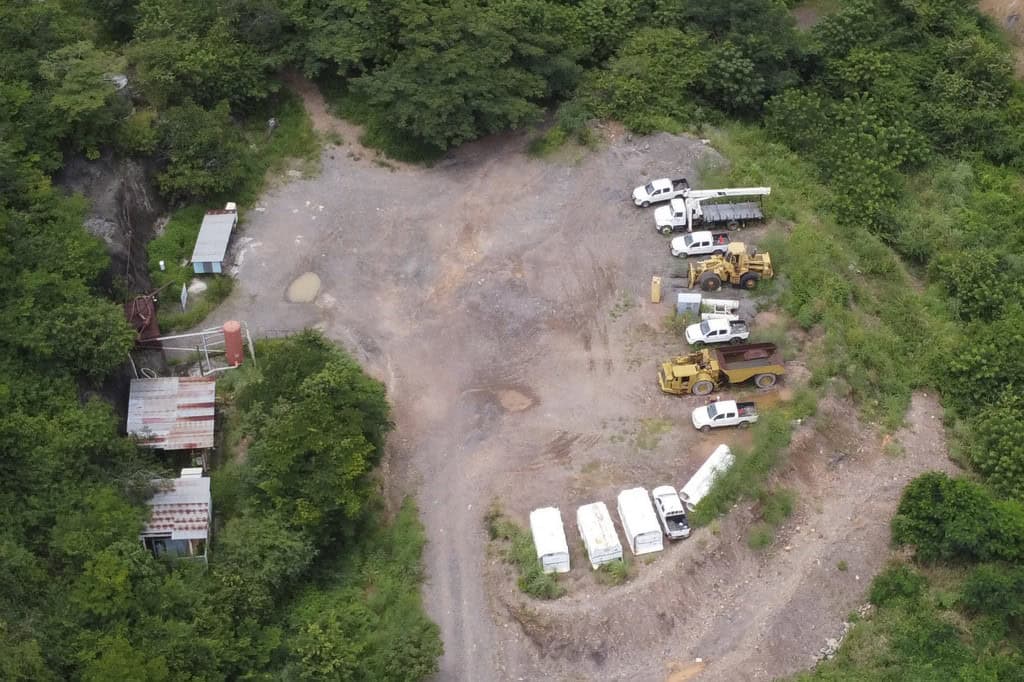The recent statement by the Central American Episcopal Secretariat (Sedac) calling for a mining ban in the region aligns with ongoing developments in El Salvador, where President Nayib Bukele has proposed ending the country’s metals mining ban. This news story provides additional context to the regional debate on mining activities in Central America. President Nayib Bukele of El Salvador has recently expressed support for gold mining in the country, describing the existing seven-year ban on metal extraction as “absurd”.
This stance represents a significant shift from his previous position during the 2019 presidential campaign, where he supported the mining ban. Bukele argues that unexploited gold could represent “wealth that could revolutionize El Salvador”. He advocates for “modern and sustainable” mining practices that would prioritize environmental care.
The bishops’ appeal comes at a time when several Central American countries are considering or implementing changes to their mining policies. Nicaragua is expanding mining concessions to Chinese companies, Costa Rica is considering legislation to lift its mining ban for a northern gold mine, and El Salvador’s President Bukele is signaling intentions to overturn the 2017 mining prohibition.
The Sedac statement emphasizes that “human life and environmental protection must take precedence over economic interests that perpetuate social and ecological harm.” This sentiment is echoed by environmental advocates in El Salvador who have criticized Bukele’s enthusiasm for mining. Amalia López from the Alliance Against the Privatization of Water in El Salvador stated, “It’s a myth that green mining exists; it comes at the cost of lives, leading to kidney issues, respiratory ailments, and leukemia that may not manifest immediately”.
Concerns include substantial water consumption required for mining activities and the management of water contaminated with heavy metals. In El Salvador, Bukele’s political party holds a significant majority in the nation’s Congress, and with a weakened opposition, it seems unlikely that a formal initiative to lift the ban will face substantial opposition. This political reality may have implications for the effectiveness of the bishops’ call for a mining ban in the country.
The Central American bishops’ call for a mining ban highlights the growing tensions between economic development and environmental conservation across the region. As countries like El Salvador consider reversing previous mining prohibitions, the debate over the balance between resource extraction and environmental stewardship is likely to intensify.






